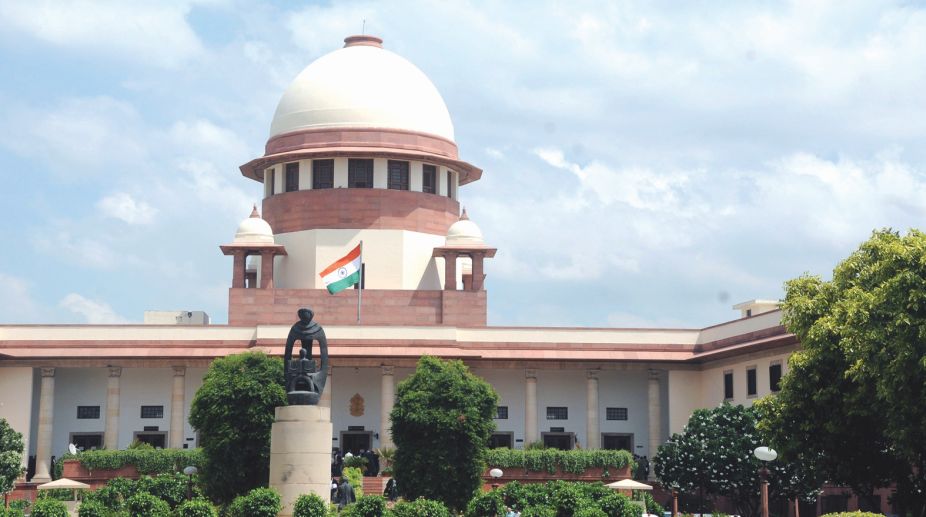The Supreme Court on Wednesday rejected a plea seeking fresh investigation into the assassination of Mahatma Gandhi, saying it was not convinced there was any need.
The bench of Justice S.A. Bobde and Justice L. Nageswara Rao dismissed the plea by Pankaj Kumudchandra Phadnis, who had sought re-investigation of the assassination on the basis of fresh material which, he said, was not available earlier and pointed to the involvement of an unseen hand in it.
Advertisement
“We are, however, not satisfied that new research into a long concluded matter justifies a re-initiation of criminal investigation or that anything that might be stated should be allowed to reopen a case such as this,” their order said.
The court said that the “criminal cases which result in conviction and even execution of death sentences and the demise of those who have served life sentences ought not to be reviewed, neither is there a provision in law for review”.
Addressing the contention that the nation had a right to know the truth, it said: “…. such a right cannot be invoked where the truth is already well-known merely because some academic research raises a different perspective in law.
“This would amount to reopening issues based on hearsay.”
The court said that it was constrained to say this because Nathuram Godse was convicted on the basis of the evidence of eye-witnesses who were present at the prayer meeting.
“The meeting itself was attended by innumerable people. Each one of the eye-witnesses described how Godse moved forward and shot Gandhiji. All the evidence reveals that three shots entered the body,” said the order rejecting the plea for reinvestigation.
Not accepting the fourth bullet theory, the court said that there were two exit wounds while one bullet did not exit the body. “Thus, only two spent bullet were found at the place of occurrence. No fourth spent bullet or empty cartridge was found at the place of occurrence.”
The court also declined the plea for the review of Justice Kapoor Commission that had gone into the conspiracy dimension to assassinate Gandhi where it had pointed to the involvement of Hindu rightwing leader V.D. Sarvarkar and his group in the murder of Mahatma.
The court pointed to the report of amicus curiae Amarendra Sharan that the finding of the Kapoor Commission was “unfair” as Sarvarkar or his representative never had the opportunity to present his side before it.
Sharan, in his report, said that the finding on the alleged involvement of Sarvarkar and his group was rendered after Savarkar’s death and and no opportunity was given to Savarkar or any of his representatives. He had also told the court that the finding by the commission was “unfair since Savarkar had been acquitted at the trial”.
Holding that the submission by the petitioner that Savarkar has been held guilty for the murder of Gandhi is “misplaced”, the court said: “We are, however, not inclined to enter into the correctness or fairness of the findings in this report” as “That would be another exercise in futility and would none the less pan new fires of controversy.”
“This Court must at all cost be vary of such contentious issues and must not allow its jurisdiction to be invoked for such purposes”, the order passed today said.
Sharan, who had examined the material brought by Phadnis, too did not favour any re-investigation into the killing of Mahatma Gandhi.
Mahatma Gandhi was assassinated on January 30, 1948 by Godse while he was attending daily prayer meeting at Birla House. Nine accused were tried for the conspiracy and murder.
On February 10, 1949, the trial court convicted seven accused and acquitted one. Godse and Narayan Apte were given death sentence, four of the accused were given life sentence and remaining one was sentenced to seven years imprisonment.
The Punjab High Court, which was moved by the accused challenging the trial court verdict, by June 21, 1949 judgment upheld the conviction for five of the accused and acquitted two of the accused.
Phadnis had moved the top court challenging the Bombay High Court verdict which had declined to entertain his plea and go into two questions he had raised – whether the four bullets were fired as alleged and whether the Kapoor Commission Report should be reopened after the period of 46 years.











